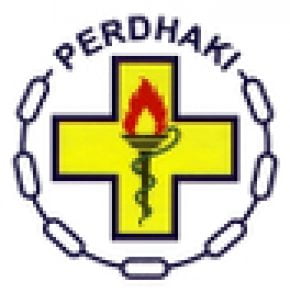Community Empowerment Through Pig Live Stock Breeding Preface Pig is high value live stock in NTT province. It is used in their ritual ceremonies, especially during the wedding and the death of their family member. They need pig also for other event, such as “first communion” ceremony. Therefore, the price of pig is very high […]
Tag Archives: Pemberdayaan
HIV Prevention Through Poverty Alleviation Preface The HIV incidence in NTT province is sharply increasing in the past 5 years. The higest incidence is the house-wife category, for about 30% of the cases. Belu district is one of the highest HIV incidence district. Through the root cause analysis, we found that the house-wive was infected […]

